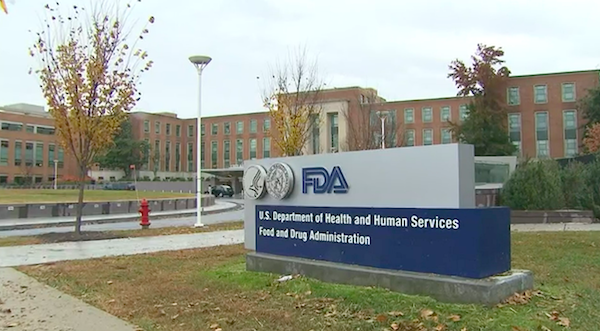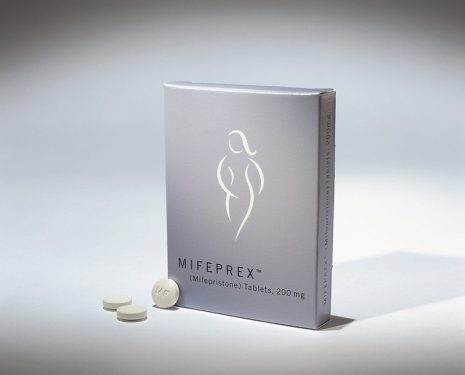
PROSPECT HEIGHTS — The Food and Drug Administration (FDA) decision to lift restrictions on the abortion pill mifepristone — paving the way for women to obtain the pill by mail and self-perform abortions as early as 10 weeks of gestation without an in-person clinic visit — has drawn new criticism from pro-life advocates.
The agency’s move allows doctors to prescribe mifepristone online and mail the pills to patients, eliminating the requirement that, for safety reasons, women physically receive the medication from their prescriber.
“One of the essential tasks of governments is to safeguard the health and well-being of citizens,” the chairman of the U.S. Conference of Catholic Bishops’ Committee on Pro-Life Activities, Archbishop William E. Lori said in a statement. “As such, the FDA ought to act to protect the lives and health of mothers and children, rather than merely succumbing to the abortion industry’s pressure to loosen safety standards.”
U.S. Bishops’ Pro-Life Chairman Denounces FDA Decision on Chemical Abortion Pill
Full statement: https://t.co/2VNeqRZM3r— U.S. Conference of Catholic Bishops (@USCCB) December 16, 2021
The FDA eliminated the requirement of in-person dispensing in the Risk Evaluation Mitigation Strategy (REMS), on Thursday, December 16. According to its website, the agency determined that data supported their decision to reverse the in-person dispensing requirement of mifepristone, known as Mifeprex, in order to “reduce burden on patient access” and “ensure the benefits of the product outweigh the risks.”
Pro-abortion supporters have pointed to abortion alternatives as a workaround or backup plan for women to access abortions, while states restrict abortion and the U.S. Supreme Court considers a challenge to Roe v. Wade in the case of a Mississippi law that bans most abortions after 15 weeks of pregnancy.
However, pro-life groups have stressed that this type of abortion — via Mifeprex — is not safe for women.

Back in April, during the FDA’s initial announcement, Dr. Christina Francis, chair of the American Association of Pro-Life OB/GYNs, said that the lifting of safety restrictions makes women health pawns in order to push for more abortions.
Francis said a recent analysis of adverse events submitted to the FDA, with the safety regulations in place, “shows over 3,000 women suffering with complications, of which 24 of these women died, and another 500 would have died if they had not reached emergency medical care in time.”
These numbers “will only increase” with the current safety regulations removed, she added.
“An in-person visit is medically necessary and sound medical practice because it ensures that every woman receives a full evaluation for any contraindications to a medication abortion,” she added.
